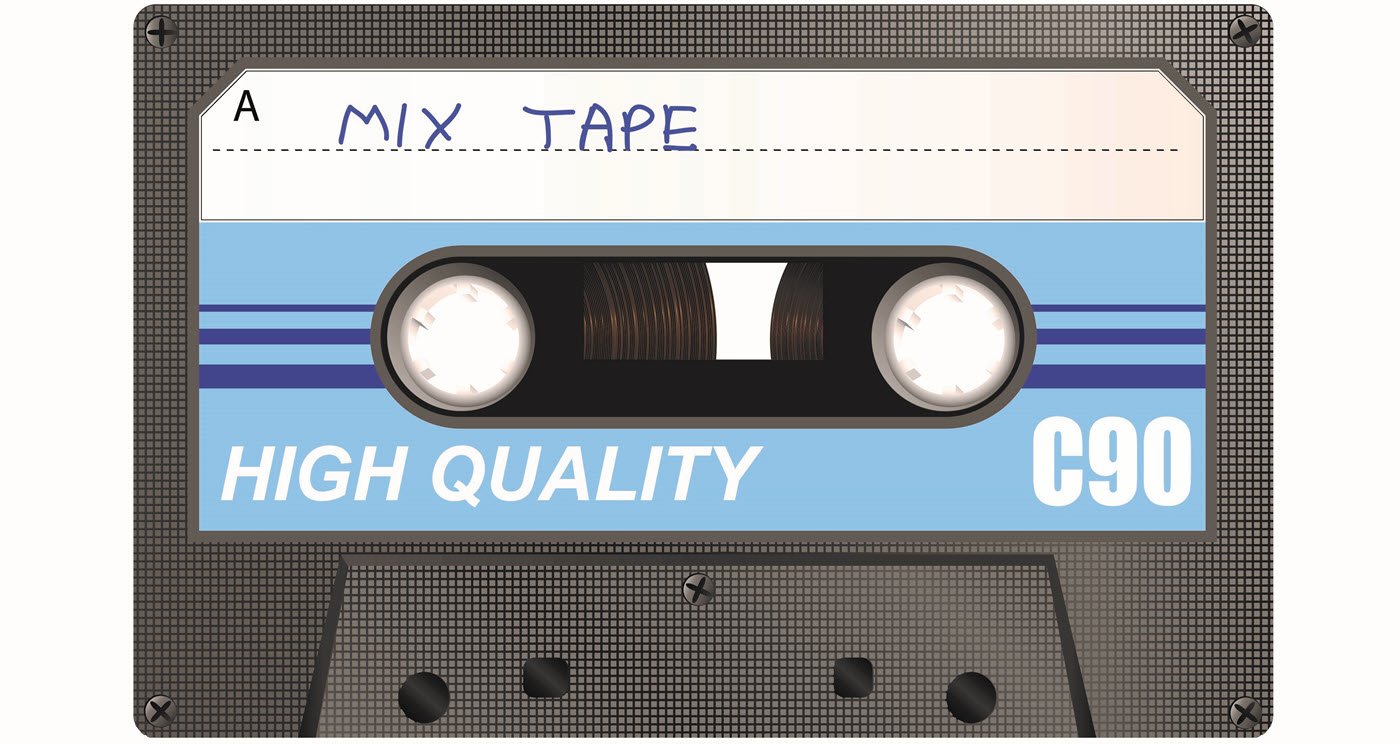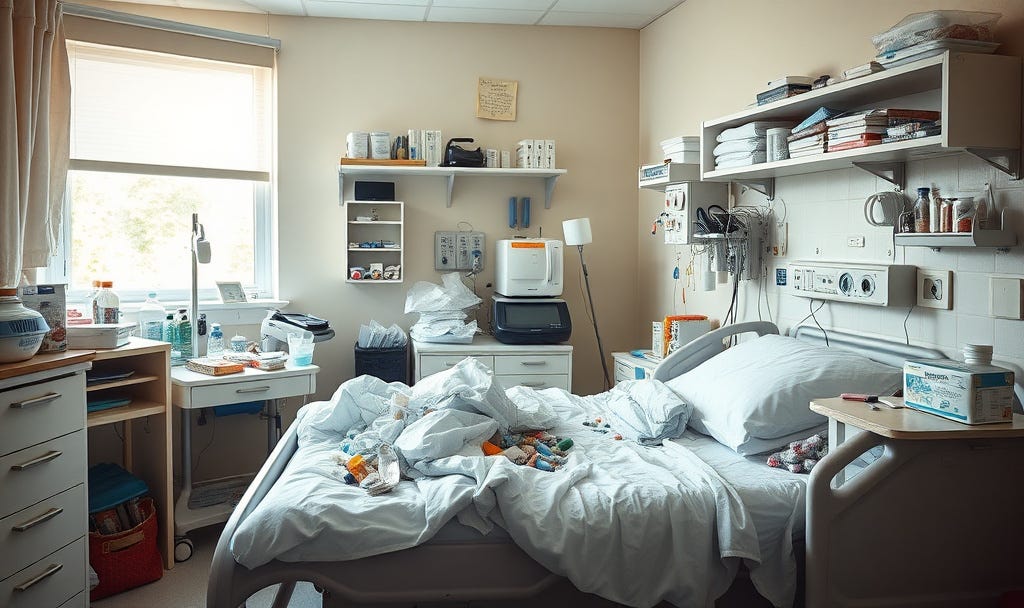Understanding Addiction: More Than Just a Lack of Willpower
Welcome, dear readers, to our deep dive into the world of addiction. Now, before we start, let's get one thing straight: if you think addiction is just about lacking willpower, then I'm afraid you've been sipping misinformation. But don't worry, we're here to clear the fog with a blend of science, humor, and a dash of empathy.
The Brain: A Chemical Love Story
Imagine your brain as a bustling city where neurotransmitters are the citizens communicating with each other. One of these citizens is named Dopamine – let's call him Dopey. Dopey is like that one friend who makes everything more fun. Normally, Dopey hangs out when you're eating your favorite food or winning a game, giving you a sense of pleasure.
But in the world of addiction, substances or behaviors hijack the brain's reward system. They flood the brain with Dopey, and suddenly, the brain's city is having too much of a party. Over time, the brain's natural ability to produce and regulate Dopey gets disrupted – it's like the brain forgets how to throw its own parties without the substance.
The Body: Riding the Roller Coaster
Now, let's talk about the body. It's like an amusement park that's been taken over by the thrill of the ride. Initially, the ride of addiction seems fun – the highs are high, and the lows seem manageable. But as the ride continues, the lows become scarier, and the highs are harder to reach. This is tolerance and dependence, and they're about as fun as a roller coaster stuck upside down.
Addiction affects more than just the brain's reward system; it's a full-body experience. From disrupting sleep patterns to affecting appetite and energy levels, the body goes through a lot. It's like your body's natural rhythms are being DJ-ed by a squirrel – erratic and unpredictable.
Willpower? It's Complicated
So, why isn't willpower enough to hop off the addiction roller coaster? Because addiction is not a failure of character; it's a complex brain disorder. It's like trying to stop a runaway train by simply asking it nicely to stop. The brain's wiring has been altered, and that takes more than just a strong resolve to fix. It requires support, treatment, and often professional help.
Progress Is Progress: The Recovery Mixtape
Now let's explore to the beat of recovery. Recovery is not a one-size-fits-all playlist – it's more like a mixtape or compilation that's unique to each individual. Some tracks may play smoothly, while others might need a few more edits. And that's okay! Progress in recovery is still progress, no matter how small it may seem.
Recovery can be like assembling a jigsaw puzzle without the picture on the box; it's challenging, but each piece put in place is a victory. It's about celebrating the small wins, like going a day, an hour, or even a moment without giving in to addiction.
Everyone's Recovery Jingle Is Different
Remember, everyone's recovery melody
is different. For some, it's a solo, and for others, it's a duet or even a choir. Comparing your recovery to someone else's is like comparing a reggae song to a symphony – both are music, but they're entirely different genres.
Some people might find their rhythm quickly, while others might need to try a few different instruments before they find the right sound. And that's the beauty of it – recovery is a personal journey that allows you to compose your own life's soundtrack.
Wrapping It Up With A Bow of Hope
So, as we wrap up our little educational soiree, remember this: addiction is not a matter of willpower – it's a complex interplay of brain chemistry, body systems, and personal circumstances. It's a tough ride, but with support, understanding, and a bit of humor, progress is always within reach.
Keep in mind that every step forward in the recovery mixtape is worth celebrating. Whether you're dancing to the beat of your own drum or still tuning your instruments, know that the melody of recovery is waiting for you. Keep jamming, keep hoping, and most importantly, keep moving forward – because in the end, that's what truly makes a masterpiece.-Belle-








No comments:
Post a Comment